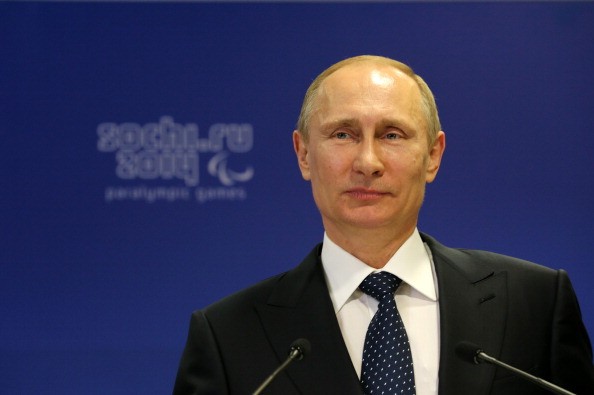On Nov. 17, Thursday, Russian officials announced that they would block LinkedIn for purportedly violating the country's data laws. The action was going to be carried out by Russia's communications regulator Roskomnadzor who would order Internet Service Providers (ISPs) to cut access to the site.
Some ISPs have already blocked the website as at the time of writing this article. Rostelcom and MTC had already cut access to LinkedIn and Vimpelcom and MTS would follow suit.
LinkedIn has just over 6 million users in Russia and is the very first social network to undergo a blockade in the country due to violation of regulations. Russian stringent data storage laws require websites and online networks to store Russian citizens' personal information in Russian servers, which the website has not complied with.
LinkedIn has not yet commented on the blockade although it had earlier warned that a court ruling risked denying Russian users access earlier in the month. In an interview with BBC, the social network said was hoping to meet Roskomnadzor to discuss the issue.
A Russian communications spokesman told Reuters in an interview that it had received a message from LinkedIn management petitioning for a meeting. However, the watchdog would have to seek approval from the Russian foreign ministry for the meeting to take place.
Russia introduced the new data storage laws back in 2014, although they had never been enforced previously. The authorities adopted the current rules on the grounds of "increased instances of personal data leakage" and "overall state security issues."
Apple and Google were among the first companies to comply with the new regulations. Others, nevertheless, including Twitter and Facebook, are believed not to have met the terms.
Russia has been attempting to exercise a higher level of regulation in the way its citizens' personal data gets stored, with fears of surveillance and hacking increasing over the recent months. However, critics are perceiving this as another tactic of imposing control over internet access.
In 2015, several Russian ISPs blocked Reddit over controversial information posted on one of the site's page. The communications regulator had pointed out that the site contained information on drug usage.
The United States government has since expressed concern over LinkedIn's blockade, saying that the country's authorities have created a precedent that could potentially serve as a footing for blocking other sites. Here is a clip of a brief summary on the story:






















